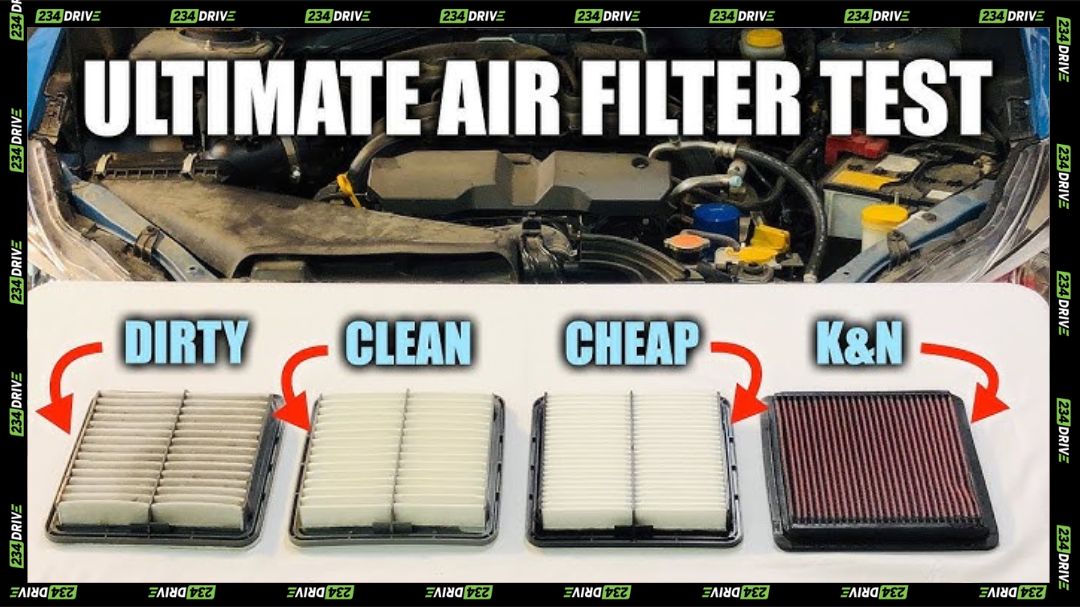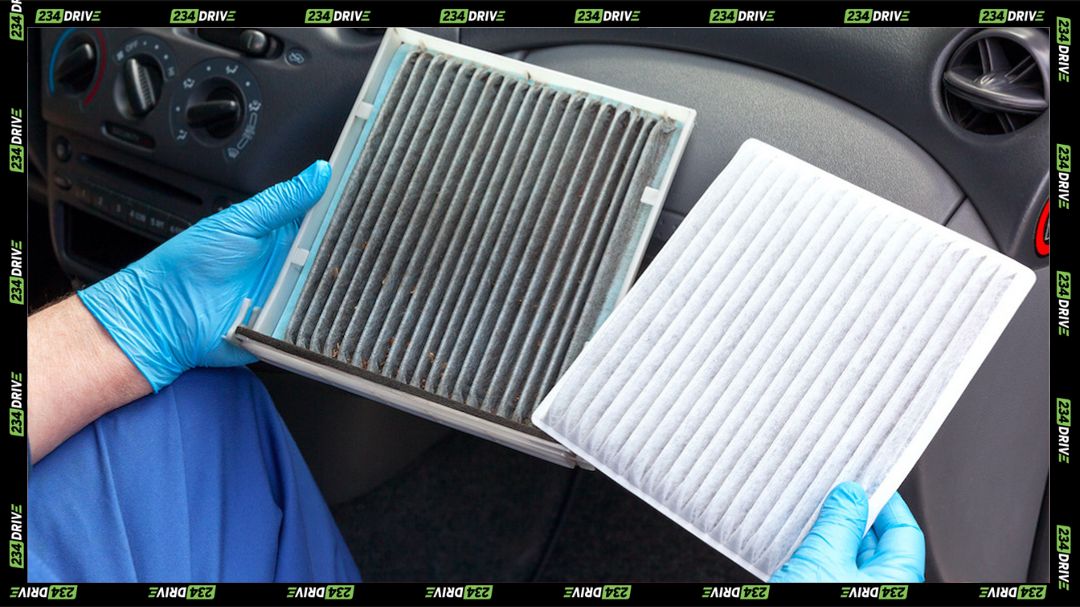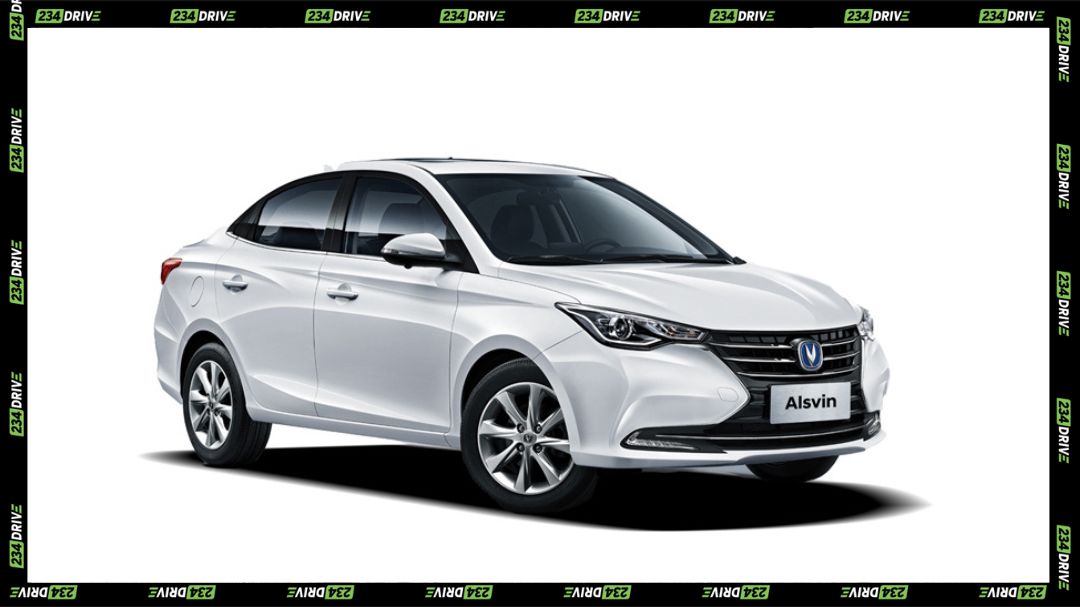Changing a car’s air filter is a maintenance task that is often overlooked but plays a critical role in the overall performance and longevity of a vehicle. Air filters ensure that the air entering the engine and cabin is clean, protecting the engine from dirt and debris while improving fuel efficiency and maintaining interior air quality. In Nigeria, the combination of dusty roads, seasonal harmattan winds, heavy traffic, and urban pollution means that air filters may need more frequent attention compared to other regions. Understanding when and why to change your air filter can prevent engine wear, reduce maintenance costs, and improve driving comfort.
Understanding Car Air Filters
Cars generally have two primary types of air filters: the engine air filter and the cabin air filter. The engine air filter prevents dirt, dust, and other particles from entering the engine’s combustion chamber. Clean air is essential for the proper fuel-air mixture, which ensures efficient combustion. A clogged or dirty engine filter restricts airflow, which can lead to reduced engine power, poor acceleration, increased fuel consumption, and in extreme cases, engine damage.

The cabin air filter, on the other hand, is responsible for purifying the air that enters the passenger compartment through the vehicle’s HVAC system. This filter traps pollen, dust, smoke, and other pollutants, maintaining a cleaner environment inside the car. Cabin air filters are especially important in urban areas with high levels of air pollution, such as Lagos or Abuja, where traffic congestion and generator emissions contribute to poor air quality. A dirty cabin filter can result in weak airflow, unpleasant odours, and potential respiratory irritation for passengers.
General Replacement Guidelines
Under standard conditions, vehicle manufacturers typically recommend changing engine air filters every 12,000 to 15,000 miles or once a year. This interval ensures optimal airflow to the engine, supporting fuel efficiency, smooth operation, and reduced emissions. Cabin air filters generally have a similar replacement schedule, often ranging from 12,000 to 30,000 miles or once a year depending on the manufacturer.
However, these guidelines assume driving on paved roads with moderate traffic and relatively clean air. Conditions such as frequent stop-and-go traffic, long periods of highway driving, or exposure to dust and pollutants can necessitate earlier replacement. For drivers in Nigeria, it is common practice to check filters more frequently and adjust replacement schedules based on visible dirt and engine performance.
Nigerian Environmental Considerations
Nigeria presents a unique set of environmental challenges that affect air filter lifespan. Dusty roads, unpaved streets, and seasonal harmattan winds contribute to rapid accumulation of dirt in engine air filters. The northern regions of the country experience intense harmattan dust, which can infiltrate vehicles more aggressively, while southern areas, with high humidity, may encourage mould growth in cabin filters.
Urban pollution adds another layer of complexity. Cities like Lagos suffer from high traffic density and constant exposure to particulate matter and volatile organic compounds from vehicles and generators. Mechanics in Nigeria often recommend checking air filters during routine oil changes, which generally occur every 3,000 to 5,000 miles, and replacing them if they appear dirty or discoloured. In areas with extreme dust or pollution, some drivers opt for replacing filters every three months or during every service interval. Reusable filters, such as those from K&N, can be cleaned and oiled, providing a cost-effective option for frequent maintenance in dusty environments.
Signs Your Air Filter Needs Replacement
Relying solely on mileage or time intervals can be misleading. Visual inspection and awareness of your car’s performance are often better indicators that a replacement is needed. Engine air filters should be examined for discolouration; a filter that appears grayish-brown instead of white is a clear sign it has trapped significant dust and debris. Reduced acceleration, sluggish starts, unusual engine noises, black exhaust smoke, or noticeable drops in fuel efficiency are performance indicators that the engine may not be receiving sufficient airflow.

Cabin air filters also show signs of wear through weaker airflow from the air conditioning system, unpleasant odours inside the car, or increased allergic reactions among passengers. Drivers in Nigeria should pay attention to these signs, particularly during the harmattan season when dust levels are at their peak. Regular monthly checks can help identify problems early before they impact comfort or engine performance.
How to Replace Your Car Air Filter
Replacing the Engine Air Filter
Replacing an air filter is a straightforward task that often requires minimal tools, such as a screwdriver or simple clips. The engine air filter is typically located under the hood within a rectangular housing. To replace it, unclip or unscrew the cover, remove the old filter while noting its orientation, and inspect the housing for accumulated debris. Wiping the inside of the housing helps prevent contamination of the new filter. Install the new filter ensuring it fits snugly and securely replace the cover.
Replacing the Cabin Air Filter
Cabin filters are usually found behind the glove box or beneath the dashboard. Accessing them may require opening the glove compartment and removing retaining clips or panels. Like the engine filter, remove the old filter, inspect and clean the housing, insert the new filter correctly, and reassemble the compartment. Proper installation ensures both air quality and system efficiency are maintained.
Costs and Professional Assistance
Costs for air filter replacements in Nigeria vary depending on the vehicle and filter type. Engine filters can range from ₦2,000 to ₦10,000, with cabin filters priced similarly. Visiting a reputable mechanic is advisable if you are unsure, as they can offer both inspection and installation as part of routine service.
Benefits of Timely Air Filter Maintenance
1. Fuel Economy and Engine Health
Maintaining clean air filters has several tangible benefits. A well-maintained engine filter can improve fuel economy by up to 10%, reduce engine strain, and decrease harmful emissions. In Nigeria, where fuel prices fluctuate and vehicle wear is accelerated by road conditions, these benefits are particularly important.
2. Cabin Comfort and Air Quality
Cabin air filters improve passenger comfort, reduce exposure to allergens, and help maintain healthy air quality inside the vehicle.
3. Practical Maintenance Tips
For drivers in dusty environments, pairing air filter replacement with regular oil changes is efficient and cost-effective. Avoid attempting to wash disposable filters, as this can compromise their structure and reduce filtration efficiency. Instead, consider investing in high-quality reusable filters if you frequently encounter dust or pollution. Parking in shaded areas, driving steadily to reduce dust intake, and using premium filters from reputable brands like Bosch or Mann can also extend filter life.
Conclusion
In Nigeria, where environmental conditions accelerate air filter wear, proactive maintenance is essential. Engine air filters and cabin filters should be inspected regularly, and replaced whenever they show signs of dirt, reduced performance, or decreased airflow. While standard intervals suggest annual or 12,000–15,000-mile replacements, local conditions may require changes every three to six months. Timely replacement improves fuel efficiency, extends engine life, maintains air quality inside the vehicle, and reduces the risk of unexpected repair costs.
Being attentive to your car’s air filters is a simple yet highly effective way to protect your vehicle, enhance performance, and safeguard your health. Regular checks, prompt replacements, and quality products form the foundation of responsible vehicle maintenance in Nigerian conditions. This guide provides insights tailored to local environments so drivers can make informed decisions about when and how to change their car air filters.









